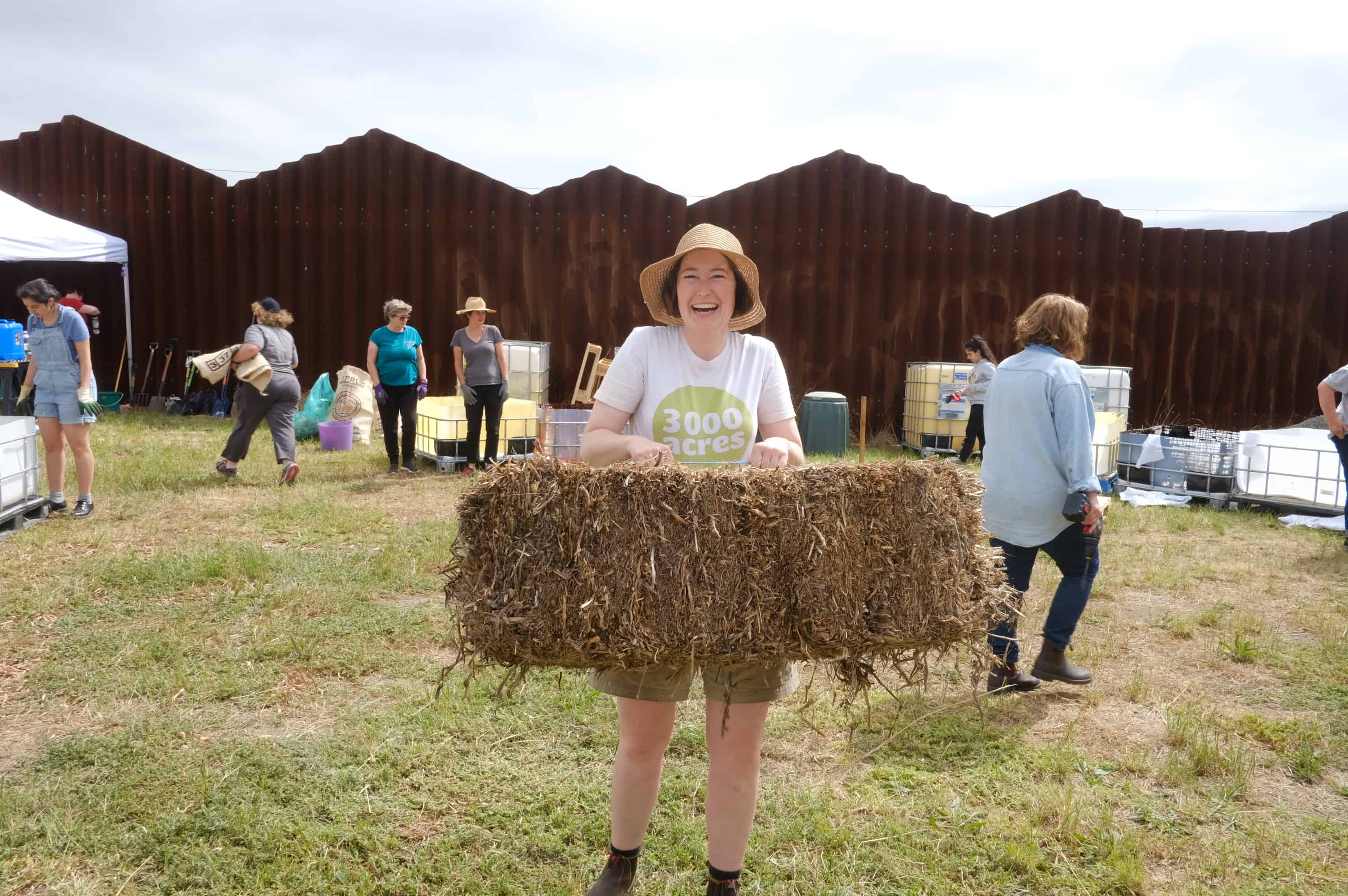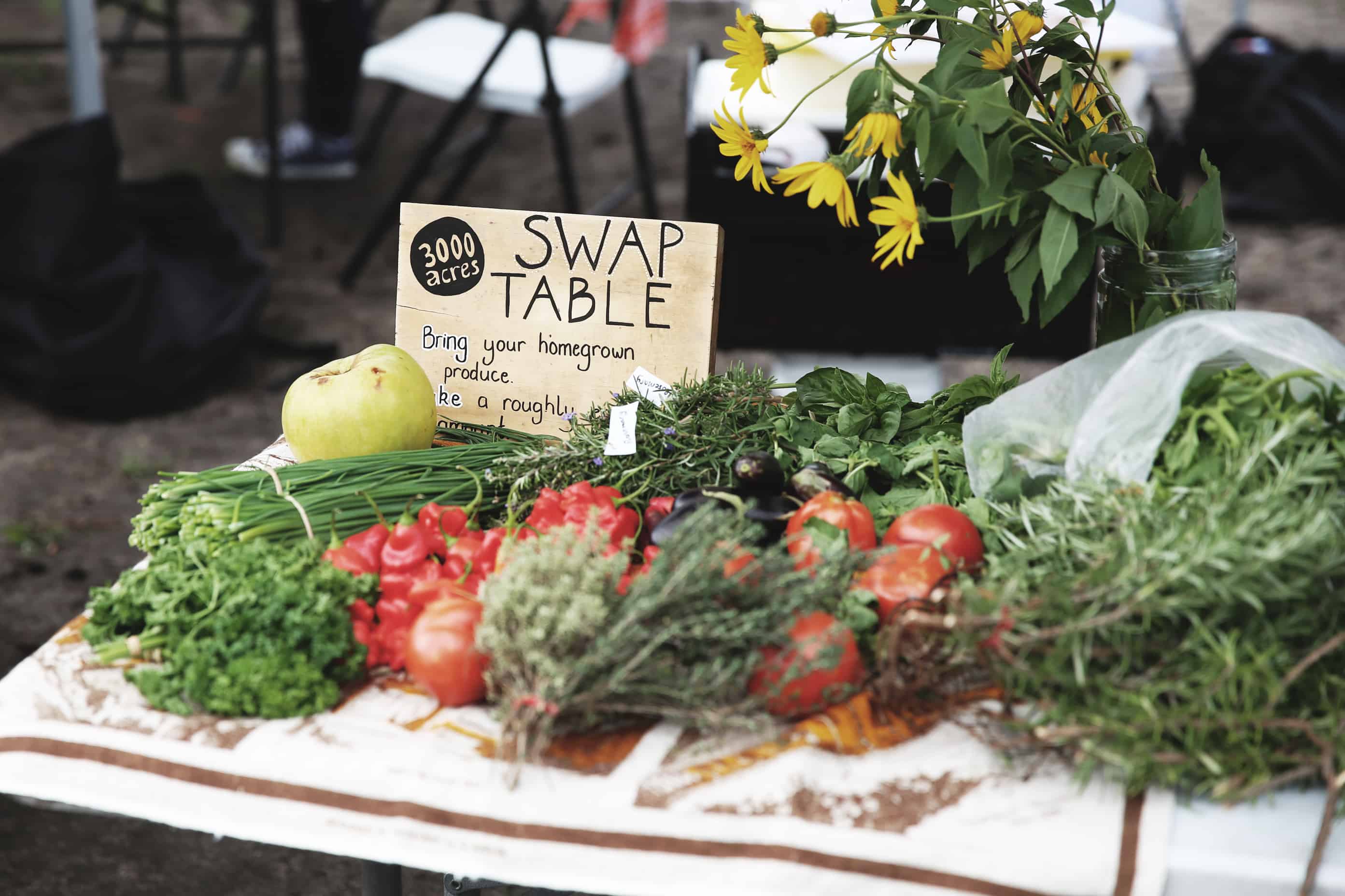What are the benefits of growing your own food?
The benefits are numerous:
• Harvest of healthy food that is not contaminated by pesticides
• Improvements to your physical and mental health
• Increased knowledge about growing food
• Community resilience and food security
• Great community if you garden together with other people
• Decreased food mileage and wrapping


